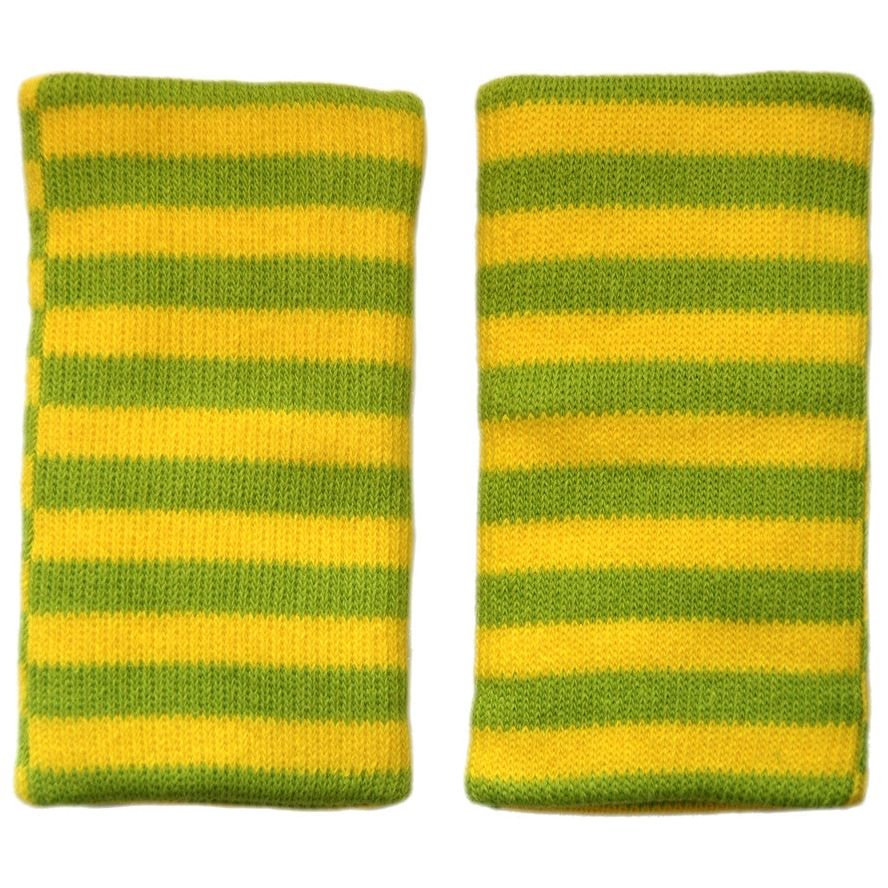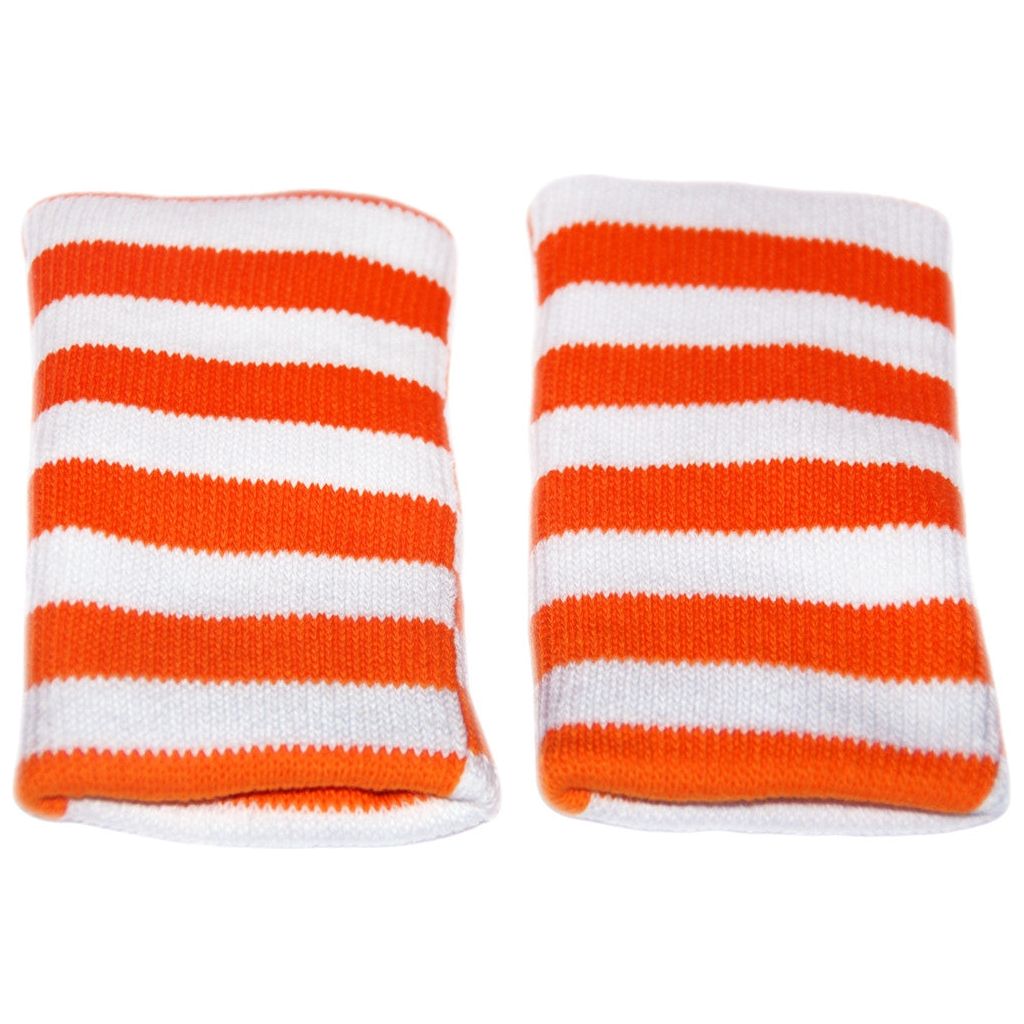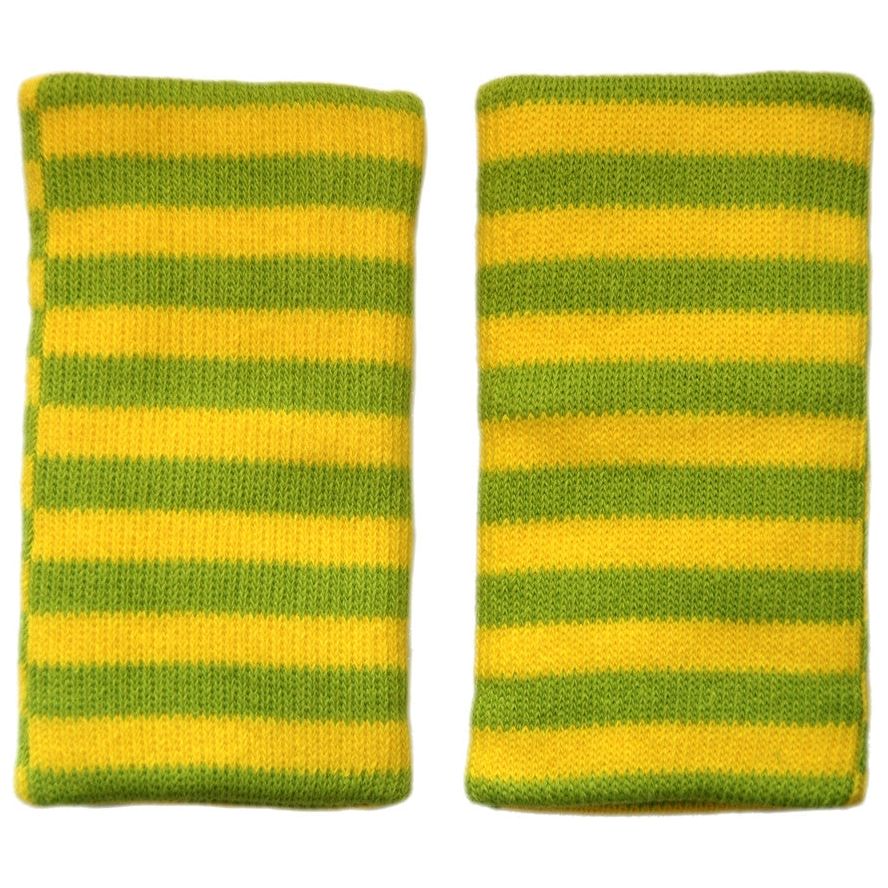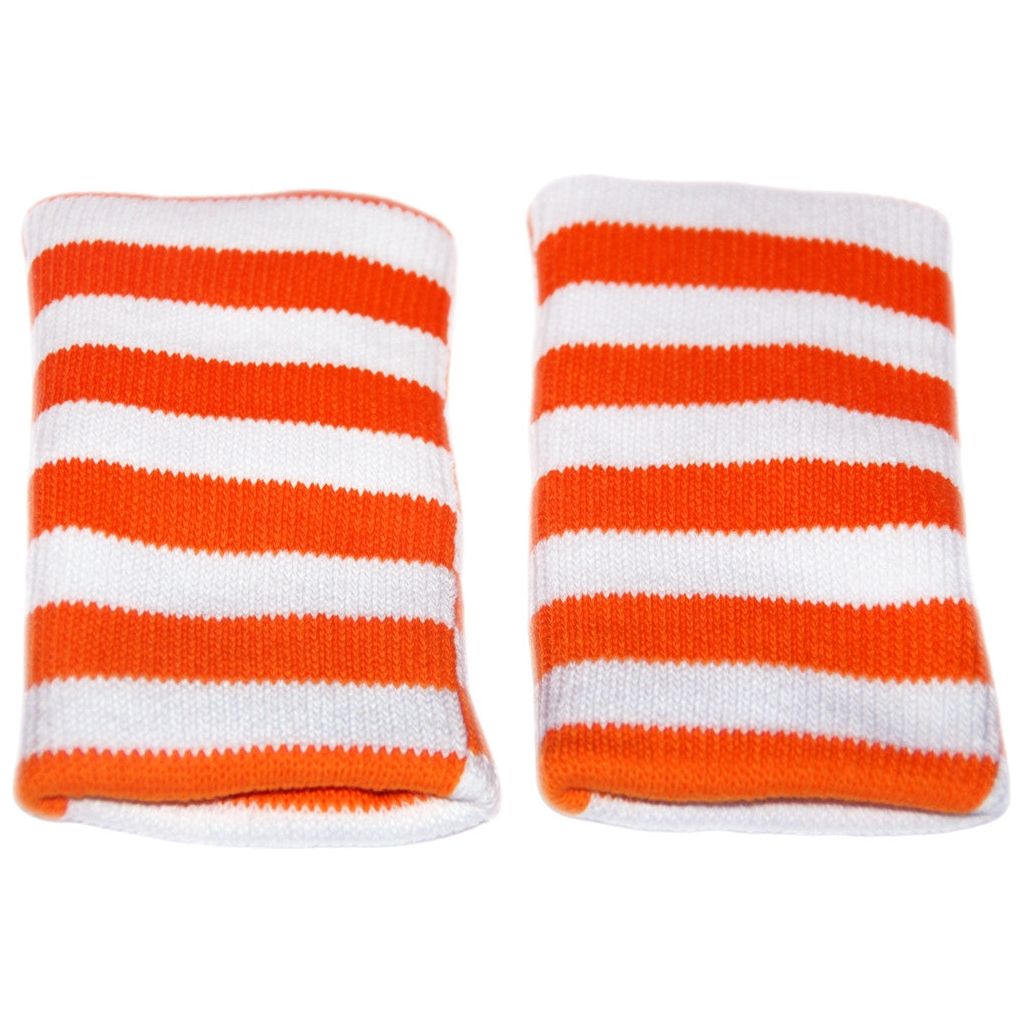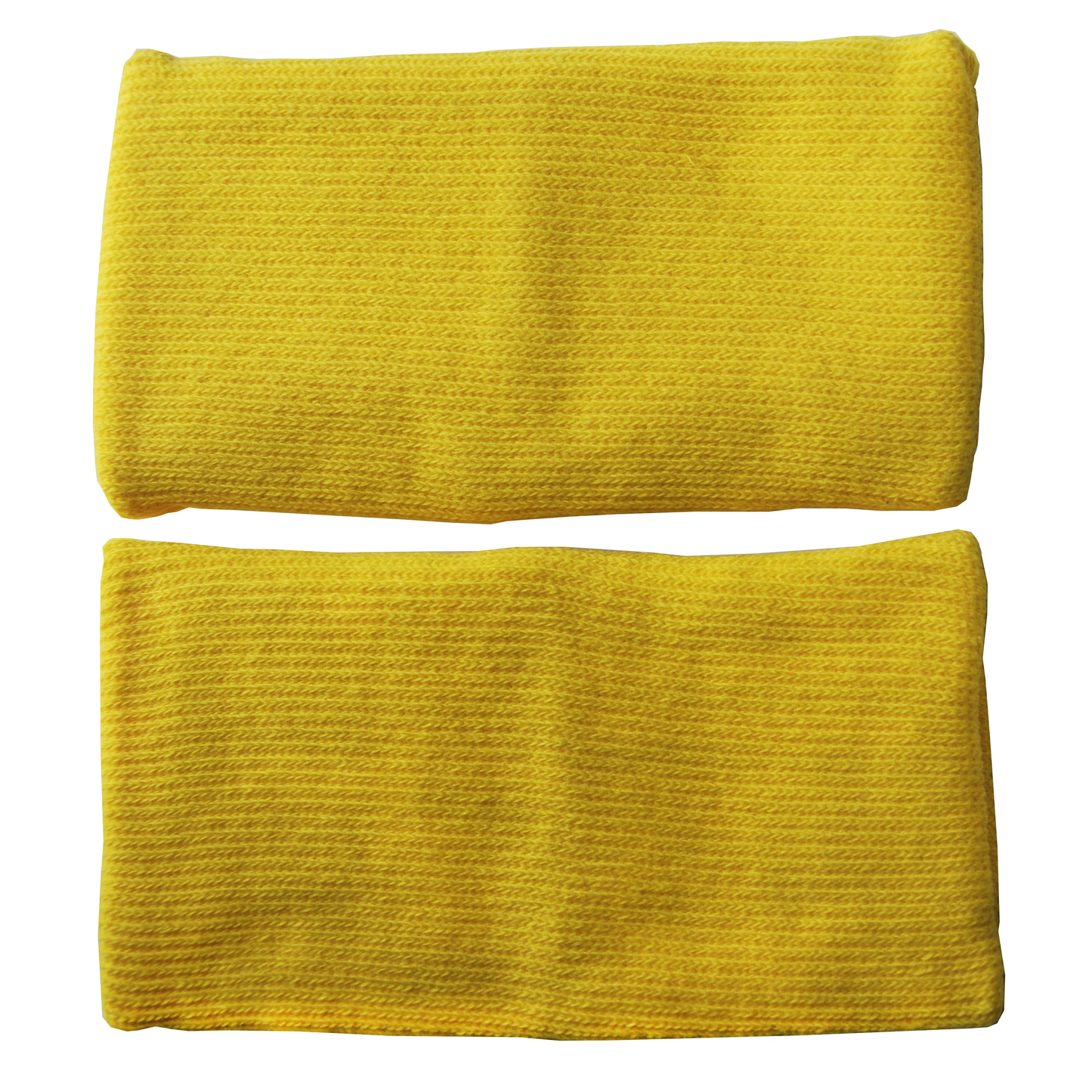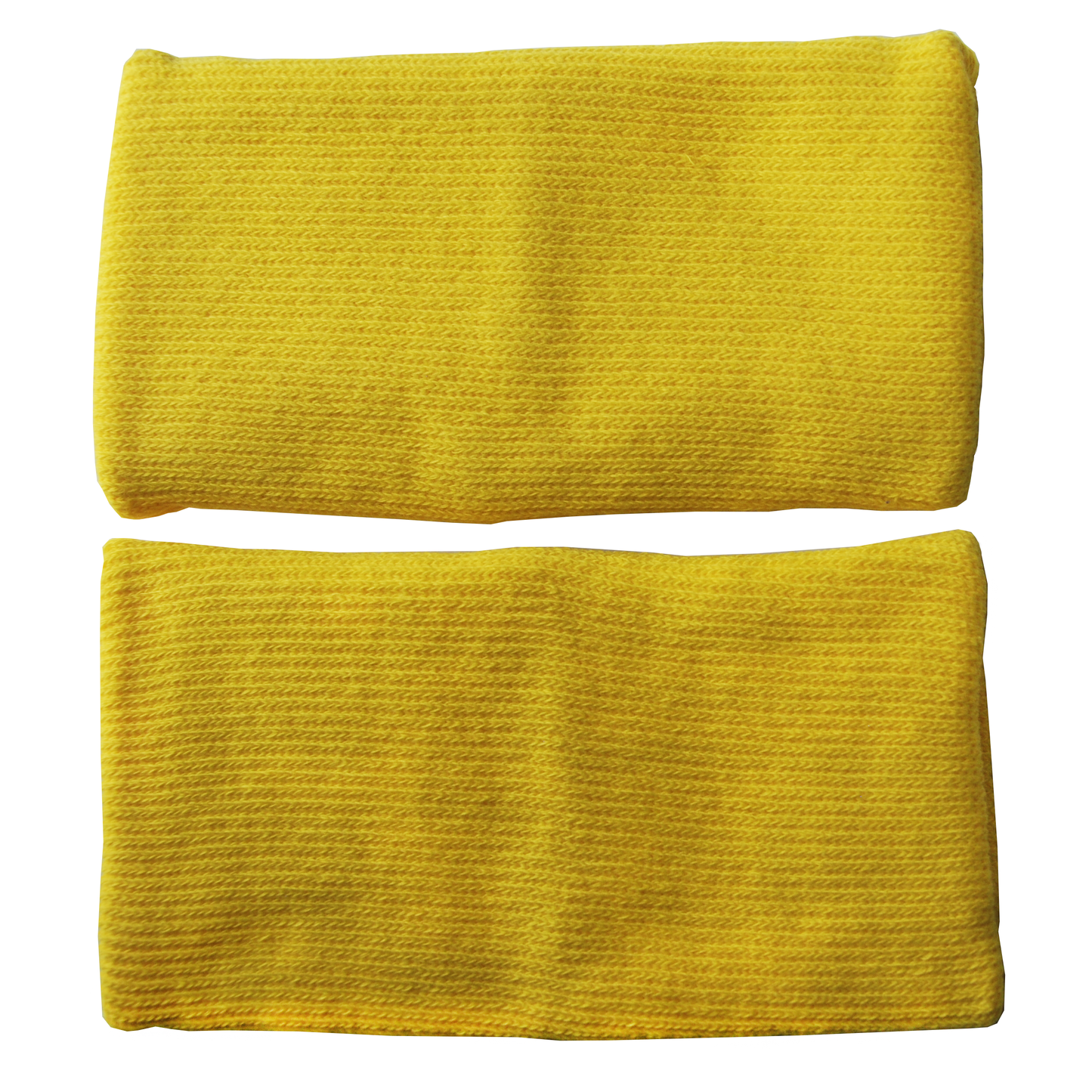[caption id="attachment_1037" align="alignnone" width="300"]

Image taken from http://www.handinhandparenting.org/[/caption]
When getting our children to behave or do something good for them, we often find ourselves frustrated and unable to complete our mission without hitting a wall of resistance, which our darling children know so well how to put up. Below are some very clever, sneaky tricky and super simple tips on how to get kids to listen and cooperate. We, the grownups, need all the help and tricks we can get, for the sake of love, peace and everyone's sanity. We found these on
www.lifehacker.com, written by
Melanie Pinola. Some of these we have tried already, bringing a much desired peaceful resolution to some potentially tense situations.
[caption id="attachment_1030" align="alignnone" width="300"]

Photo taken from www.lifehacker.com[/caption]
"
How to Manipulate Your Kids into Doing What You Want
In an ideal world, parents would always be patient and nurturing, and kids would always be cooperative and make smart choices. This is not an ideal world, so we parents need a few sneaky strategies to preserve our sanity when the days are much too long and our patience much too thin.
To be clear, we don't really recommend truly manipulative parenting or passive-aggressive strategies that scar kids forever. We're talking "manipulation" in the sense of shortcuts that can get us past all the "but I don't want to" and "but why?" complaints on the most trying days. More mindful and direct parenting approaches would be better, of course, but in case of emergency, you can try one of these tactics.
Offer a Bad Choice
[caption id="attachment_1031" align="alignnone" width="300"]

Photo taken from www.lifehacker.com[/caption]
My mom, a retired pediatrician, used to ask her patients and my siblings and I when we were younger if we wanted "one shot or two?" It's the classic psych trick of creating a false choice. Although this trick wears out quickly and is easy for older (or just wiser) kids to see through, it could be a way to make an unpleasant necessity (like a shot or foul-tasting medicine) the lesser of two evils.
An alternative is to offer two choices, either of which would be acceptable to you. For example, "We need to get these chores done before the party. Do you want to clean up your room or do the dishes?" Both strategies give kids a sense of control, while giving them a narrow window of options.
One final mind hack you could use is the "but you are free" technique: Strongly advise the option you prefer, but emphasize the child has a choice. (As with the other tactics, though, you'll have to accept the choices they make or give up the game.)
Disguise the Good Things They Object to in Stuff They Like
[caption id="attachment_1032" align="alignnone" width="300"]

Photo taken from www.lifehacker.com[/caption]
Parents of picky eaters sometimes resort to smuggling healthy ingredients into sweets and all the bland things kids like to eat. Your child refuses to eat spinach? Just bake it into a brownie! (Jessica Seinfeld has "deceptively delicious" cookbooks centered around this trickery.) You could also try letting your kids add the secret ingredients themselves to encourage more variety while being a little more upfront about the ingredients.
Either way, sometimes you have to hide the fact that something is good for them to get kids to cooperate. This might just be a (non-evil) part of parenting overall too. It's funny how creative we have to become with communication tricks like turning everything into a game and surrounding a boring chore (grocery shopping) with entertaining options (scavenger hunt) just to avoid frustration—and make things fun.
Take Their Technology Hostage
[caption id="attachment_1033" align="alignnone" width="300"]

Photo taken from www.lifehacker.com[/caption]
No matter how much screen time your children get, using the internet and tech devices is a privilege you can control. It's chores first then Wi-Fi. Similarly, just telling kids you're snooping on them could be enough to keep them in line.
Praise Effusively and Let Them Win
[caption id="attachment_1035" align="alignnone" width="300"]

Photo taken from www.lifehacker.com[/caption]
Praise might not seem like a manipulative move, but playing the cheerleader or encouraging healthy family competition (where the kid wins by doing what you want him or her to) could motivate even the most recalcitrant kid. For example, a daily tradition where the first person to get dressed in the morning gets to pick breakfast for the whole family—from a list of healthy options—is a kind of manipulation, but also sort of fun for everyone. (Well, except for mom and dad who have to eat plain English muffins every morning when the kids win.)
Like other human beings, kids like to feel accomplished and special, and you can use that to your advantage. Just reminding them of how well-behaved they've been in the past can prime them for that behavior again later.
Leverage Their Weaknesses and Fears
[caption id="attachment_1036" align="alignnone" width="300"]

Photo taken from www.lifehacker.com[/caption]
Manipulation is all about knowing what makes people tick and using that to your advantage. Parenting is similar, only you use it to both your and the child's benefit. For example, when you know your kid's favorite thing is a certain television show, you can get him or her to jump right out of bed in the morning just by saying if they want to watch it they have to get up early. It still surprises me how much I can get my daughter to do (brush her teeth, do extra book reports, go the f**k to sleep) when I get her to teach her stuffed animals to do what I want.
For more advanced manipulation, tricks that work on adults work on kids too. Things like reverse psychology, making the person feel guilty, or scaring the hell out of them. Use these sparingly, though, because, well, they're kids (who have their own tactics to strike back at overbearing parents), and in general, it's better to just relax instead of stressing too much about how your kids are growing. That said, it's nice when you don't have to resort to saying "Because I said so" and your kids just do what's good for them already."
 Image taken from http://www.handinhandparenting.org/[/caption]
When getting our children to behave or do something good for them, we often find ourselves frustrated and unable to complete our mission without hitting a wall of resistance, which our darling children know so well how to put up. Below are some very clever, sneaky tricky and super simple tips on how to get kids to listen and cooperate. We, the grownups, need all the help and tricks we can get, for the sake of love, peace and everyone's sanity. We found these on www.lifehacker.com, written by Melanie Pinola. Some of these we have tried already, bringing a much desired peaceful resolution to some potentially tense situations.
[caption id="attachment_1030" align="alignnone" width="300"]
Image taken from http://www.handinhandparenting.org/[/caption]
When getting our children to behave or do something good for them, we often find ourselves frustrated and unable to complete our mission without hitting a wall of resistance, which our darling children know so well how to put up. Below are some very clever, sneaky tricky and super simple tips on how to get kids to listen and cooperate. We, the grownups, need all the help and tricks we can get, for the sake of love, peace and everyone's sanity. We found these on www.lifehacker.com, written by Melanie Pinola. Some of these we have tried already, bringing a much desired peaceful resolution to some potentially tense situations.
[caption id="attachment_1030" align="alignnone" width="300"] Photo taken from www.lifehacker.com[/caption]
"How to Manipulate Your Kids into Doing What You Want
In an ideal world, parents would always be patient and nurturing, and kids would always be cooperative and make smart choices. This is not an ideal world, so we parents need a few sneaky strategies to preserve our sanity when the days are much too long and our patience much too thin.
To be clear, we don't really recommend truly manipulative parenting or passive-aggressive strategies that scar kids forever. We're talking "manipulation" in the sense of shortcuts that can get us past all the "but I don't want to" and "but why?" complaints on the most trying days. More mindful and direct parenting approaches would be better, of course, but in case of emergency, you can try one of these tactics.
Offer a Bad Choice
[caption id="attachment_1031" align="alignnone" width="300"]
Photo taken from www.lifehacker.com[/caption]
"How to Manipulate Your Kids into Doing What You Want
In an ideal world, parents would always be patient and nurturing, and kids would always be cooperative and make smart choices. This is not an ideal world, so we parents need a few sneaky strategies to preserve our sanity when the days are much too long and our patience much too thin.
To be clear, we don't really recommend truly manipulative parenting or passive-aggressive strategies that scar kids forever. We're talking "manipulation" in the sense of shortcuts that can get us past all the "but I don't want to" and "but why?" complaints on the most trying days. More mindful and direct parenting approaches would be better, of course, but in case of emergency, you can try one of these tactics.
Offer a Bad Choice
[caption id="attachment_1031" align="alignnone" width="300"] Photo taken from www.lifehacker.com[/caption]
My mom, a retired pediatrician, used to ask her patients and my siblings and I when we were younger if we wanted "one shot or two?" It's the classic psych trick of creating a false choice. Although this trick wears out quickly and is easy for older (or just wiser) kids to see through, it could be a way to make an unpleasant necessity (like a shot or foul-tasting medicine) the lesser of two evils.
An alternative is to offer two choices, either of which would be acceptable to you. For example, "We need to get these chores done before the party. Do you want to clean up your room or do the dishes?" Both strategies give kids a sense of control, while giving them a narrow window of options.
One final mind hack you could use is the "but you are free" technique: Strongly advise the option you prefer, but emphasize the child has a choice. (As with the other tactics, though, you'll have to accept the choices they make or give up the game.)
Disguise the Good Things They Object to in Stuff They Like
[caption id="attachment_1032" align="alignnone" width="300"]
Photo taken from www.lifehacker.com[/caption]
My mom, a retired pediatrician, used to ask her patients and my siblings and I when we were younger if we wanted "one shot or two?" It's the classic psych trick of creating a false choice. Although this trick wears out quickly and is easy for older (or just wiser) kids to see through, it could be a way to make an unpleasant necessity (like a shot or foul-tasting medicine) the lesser of two evils.
An alternative is to offer two choices, either of which would be acceptable to you. For example, "We need to get these chores done before the party. Do you want to clean up your room or do the dishes?" Both strategies give kids a sense of control, while giving them a narrow window of options.
One final mind hack you could use is the "but you are free" technique: Strongly advise the option you prefer, but emphasize the child has a choice. (As with the other tactics, though, you'll have to accept the choices they make or give up the game.)
Disguise the Good Things They Object to in Stuff They Like
[caption id="attachment_1032" align="alignnone" width="300"] Photo taken from www.lifehacker.com[/caption]
Parents of picky eaters sometimes resort to smuggling healthy ingredients into sweets and all the bland things kids like to eat. Your child refuses to eat spinach? Just bake it into a brownie! (Jessica Seinfeld has "deceptively delicious" cookbooks centered around this trickery.) You could also try letting your kids add the secret ingredients themselves to encourage more variety while being a little more upfront about the ingredients.
Either way, sometimes you have to hide the fact that something is good for them to get kids to cooperate. This might just be a (non-evil) part of parenting overall too. It's funny how creative we have to become with communication tricks like turning everything into a game and surrounding a boring chore (grocery shopping) with entertaining options (scavenger hunt) just to avoid frustration—and make things fun.
Take Their Technology Hostage
[caption id="attachment_1033" align="alignnone" width="300"]
Photo taken from www.lifehacker.com[/caption]
Parents of picky eaters sometimes resort to smuggling healthy ingredients into sweets and all the bland things kids like to eat. Your child refuses to eat spinach? Just bake it into a brownie! (Jessica Seinfeld has "deceptively delicious" cookbooks centered around this trickery.) You could also try letting your kids add the secret ingredients themselves to encourage more variety while being a little more upfront about the ingredients.
Either way, sometimes you have to hide the fact that something is good for them to get kids to cooperate. This might just be a (non-evil) part of parenting overall too. It's funny how creative we have to become with communication tricks like turning everything into a game and surrounding a boring chore (grocery shopping) with entertaining options (scavenger hunt) just to avoid frustration—and make things fun.
Take Their Technology Hostage
[caption id="attachment_1033" align="alignnone" width="300"] Photo taken from www.lifehacker.com[/caption]
No matter how much screen time your children get, using the internet and tech devices is a privilege you can control. It's chores first then Wi-Fi. Similarly, just telling kids you're snooping on them could be enough to keep them in line.
Praise Effusively and Let Them Win
[caption id="attachment_1035" align="alignnone" width="300"]
Photo taken from www.lifehacker.com[/caption]
No matter how much screen time your children get, using the internet and tech devices is a privilege you can control. It's chores first then Wi-Fi. Similarly, just telling kids you're snooping on them could be enough to keep them in line.
Praise Effusively and Let Them Win
[caption id="attachment_1035" align="alignnone" width="300"] Photo taken from www.lifehacker.com[/caption]
Praise might not seem like a manipulative move, but playing the cheerleader or encouraging healthy family competition (where the kid wins by doing what you want him or her to) could motivate even the most recalcitrant kid. For example, a daily tradition where the first person to get dressed in the morning gets to pick breakfast for the whole family—from a list of healthy options—is a kind of manipulation, but also sort of fun for everyone. (Well, except for mom and dad who have to eat plain English muffins every morning when the kids win.)
Like other human beings, kids like to feel accomplished and special, and you can use that to your advantage. Just reminding them of how well-behaved they've been in the past can prime them for that behavior again later.
Leverage Their Weaknesses and Fears
[caption id="attachment_1036" align="alignnone" width="300"]
Photo taken from www.lifehacker.com[/caption]
Praise might not seem like a manipulative move, but playing the cheerleader or encouraging healthy family competition (where the kid wins by doing what you want him or her to) could motivate even the most recalcitrant kid. For example, a daily tradition where the first person to get dressed in the morning gets to pick breakfast for the whole family—from a list of healthy options—is a kind of manipulation, but also sort of fun for everyone. (Well, except for mom and dad who have to eat plain English muffins every morning when the kids win.)
Like other human beings, kids like to feel accomplished and special, and you can use that to your advantage. Just reminding them of how well-behaved they've been in the past can prime them for that behavior again later.
Leverage Their Weaknesses and Fears
[caption id="attachment_1036" align="alignnone" width="300"] Photo taken from www.lifehacker.com[/caption]
Manipulation is all about knowing what makes people tick and using that to your advantage. Parenting is similar, only you use it to both your and the child's benefit. For example, when you know your kid's favorite thing is a certain television show, you can get him or her to jump right out of bed in the morning just by saying if they want to watch it they have to get up early. It still surprises me how much I can get my daughter to do (brush her teeth, do extra book reports, go the f**k to sleep) when I get her to teach her stuffed animals to do what I want.
For more advanced manipulation, tricks that work on adults work on kids too. Things like reverse psychology, making the person feel guilty, or scaring the hell out of them. Use these sparingly, though, because, well, they're kids (who have their own tactics to strike back at overbearing parents), and in general, it's better to just relax instead of stressing too much about how your kids are growing. That said, it's nice when you don't have to resort to saying "Because I said so" and your kids just do what's good for them already."
Photo taken from www.lifehacker.com[/caption]
Manipulation is all about knowing what makes people tick and using that to your advantage. Parenting is similar, only you use it to both your and the child's benefit. For example, when you know your kid's favorite thing is a certain television show, you can get him or her to jump right out of bed in the morning just by saying if they want to watch it they have to get up early. It still surprises me how much I can get my daughter to do (brush her teeth, do extra book reports, go the f**k to sleep) when I get her to teach her stuffed animals to do what I want.
For more advanced manipulation, tricks that work on adults work on kids too. Things like reverse psychology, making the person feel guilty, or scaring the hell out of them. Use these sparingly, though, because, well, they're kids (who have their own tactics to strike back at overbearing parents), and in general, it's better to just relax instead of stressing too much about how your kids are growing. That said, it's nice when you don't have to resort to saying "Because I said so" and your kids just do what's good for them already."




